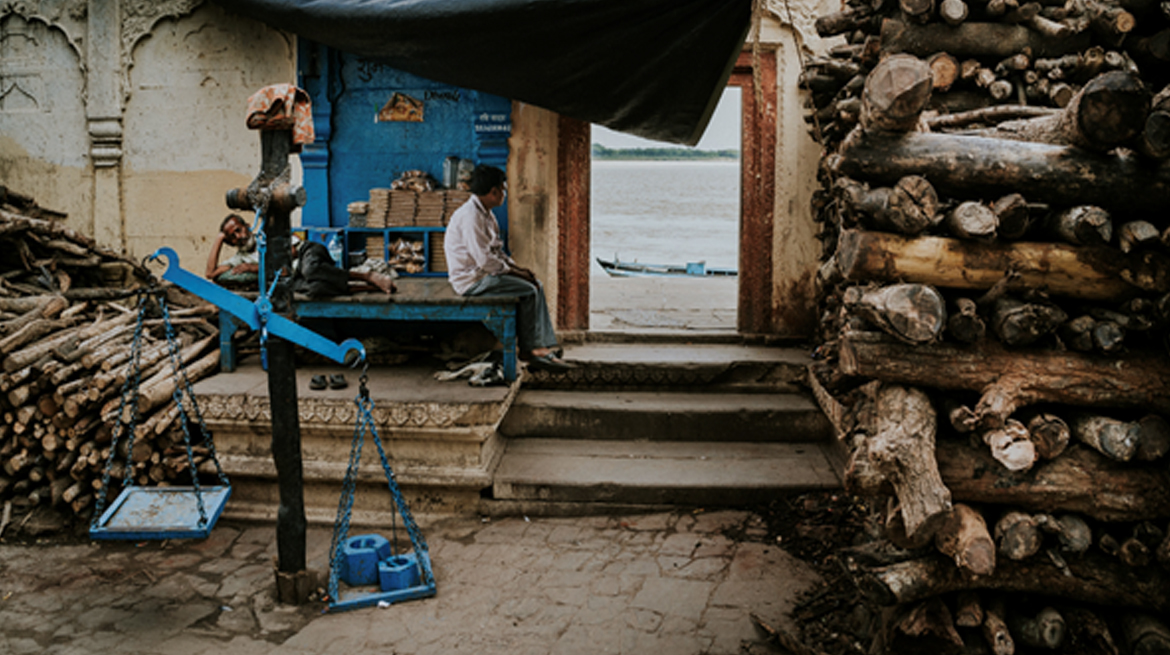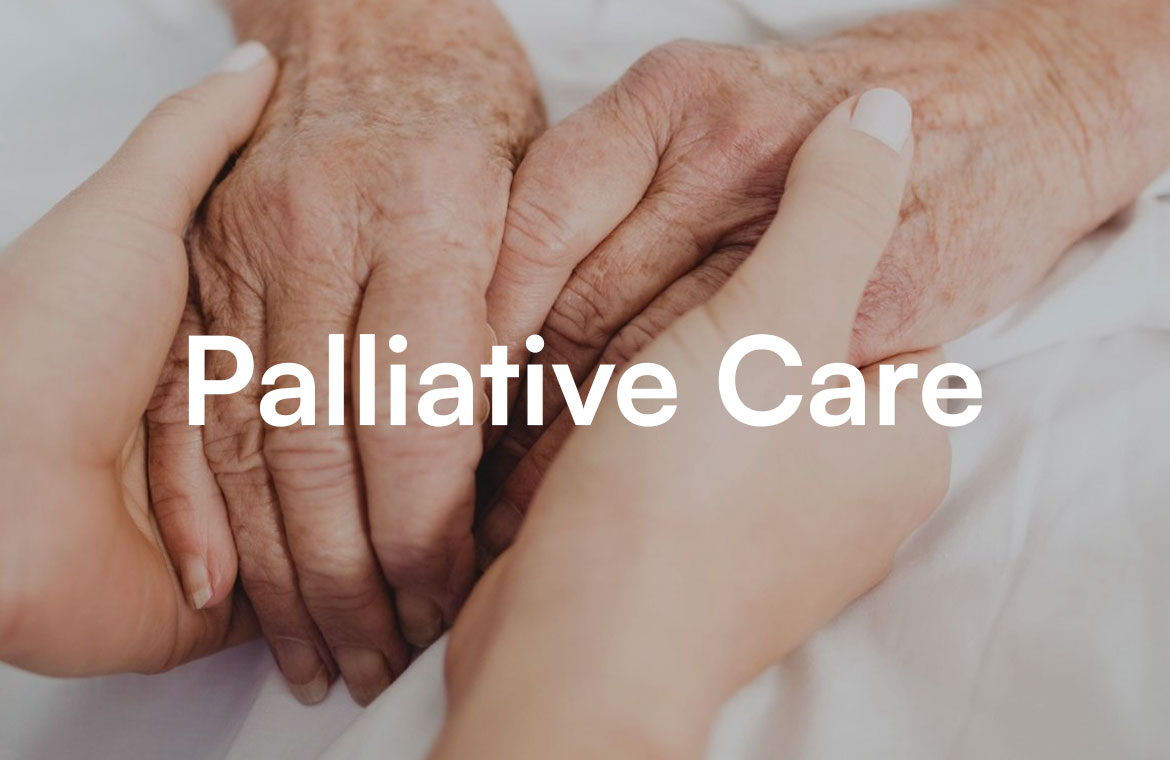It was 2008, my third year as a resident in Community Medicine (PSM). Back then, the state government was a trailblazer, rolling out initiatives like the Chiranjivi Yojana, which would later gain national recognition. One of the initiative was the School Health Programme, a flagship effort that aimed to identify health issues in school children and connect them with healthcare facilities. From congenital defects to cardiac anomalies, the program sought to ensure that no child’s health need went unmet. Children from farthest of the rural areas, requiring advanced care were referred to institutes like the UN Mehta Institute of Cardiology in Ahmedabad—an apex body renowned for its expertise and for enabling government health schemes. All expenses were covered, ensuring treatment was accessible to the most vulnerable.
The mission of the program was noble, and its impact profound. I was tasked with evaluating the program in a rural catchment area. My role was to interview beneficiaries, assess their experiences, and identify gaps for improvement in the ongoing programme. Each interaction had been enlightening, a testament to the transformative power of public health.
With a list of beneficiaries in hand, I embarked on my final field visit—an about 80-kilometer journey from my medical college. The route was dusty, the roads unkind, and the sun relentless. With Google Maps and WhatsApp still in their infancy, navigating to remote villages was a test of patience and perseverance. Asking children at the village chora or elders enjoying their afternoon leisure was often the only way to find someone.
This village, tucked deep into the countryside, was no exception. After a string of blank stares and hesitant murmurs, someone finally broke the news: the child I had come to meet had passed away just the day before. A mourners’ meeting was underway at his home.
The news hit me like a thunderbolt, leaving me rooted to the spot as I tried to process the weight of the moment. My task—to interview the family—now seemed insignificant, overshadowed by the magnitude of their grief. Yet, walking away without offering my condolences felt just as wrong. A part of me also feared the possibility of outrage from the community if there were any suspicions of neglect or irregularities in the system. Gathering every ounce of courage, I made my way to their modest kaccha house, set amidst the vast open farmland.
The scene was sombre. Villagers dressed in white surrounded the grieving parents, sitting together in an unspoken solidarity. As my cab pulled up, curious eyes turned toward me. I stepped out, heart pounding, and introduced myself softly. I didn’t mention the purpose of my visit—I simply offered my condolences. Sitting quietly among the mourners, I prayed for the departed soul, unsure of what else to do.
In hushed tones, I learned that the child had undergone surgery for a congenital defect at the apex institute. The prognosis had been explained to the family, the referral had come a bit too late, it was perhaps too late by the time screening was done. Despite their loss, the parents bore no resentment toward the system. They understood the limitations of medicine and the inevitability of fate. Their strength in the face of unimaginable grief left me awestruck.
As I left their home, something within me had shifted. Until that day, death had been a concept confined to textbooks and lectures—clinical, distant, almost abstract. But here it was, raw and real, teaching me the deepest lessons of humanity.
I realized then that public health is not just about data and recommendations. It’s about stepping into the lives of people, sharing their joys and sorrows, and letting those experiences change you. Fieldwork is where public health comes alive, where the untaught lessons reside. That day, I learned more about empathy than I ever could have from the greatest of textbooks on mental health.
Looking back, I know now what that day taught me. Public health isn’t just about policies or programs; it’s about the people they’re meant to serve. It’s about listening, observing, and understanding. It’s about embracing the resilience of communities, even in tragedy, and finding purpose in their stories. And sometimes, the most profound insights don’t come from solving problems—they come from simply being there, bearing witness to the human spirit in all its strength and vulnerability.





Very well written
Thank you sir! Humbled
It’s very true. Community medicine is meaningless without involving and getting involved with the humans with their emotions, for whom the prescription is given for. Nice read. 🙂
Well said doc! Thank you…
It’s very true. Community medicine is meaningless without involving and getting involved with the humans with their emotions, for whom the prescription is given for. Nice read. 🙂
Agree. Thank you for kind words.
Well said! Thank you for kind words
Indeed, This is public health ……
Yes! Thank you
So well written!
Thank you so much ma’am!
Absolutely touched Dr. Urvish.
Being a non medico, neither observed this nor thought about this, community health programme!
It was not just a new good read but made me speechless for a minute too. The human touch for totally unknown and such emotions truly felt by Dr. as well as expressed….very nice, indeed.
Speechless…… !
Reading this as a second year community medicine resident, truly a great read.
Glad it could stir the same emotions! Best wishes for your journey
Well articulated, a lifetime-on-field-experience-challenges of a public health specialist.
Absolutely touched Dr. Urvish.
Being a non medico, neither observed this nor thought about this, community health programme!
It was not just a new good read but made me speechless for a minute too. The human touch for totally unknown and such emotions truly felt by Dr. as well as expressed….very nice, indeed.
Your writing is a breath of fresh air in the field of public health.
Your writing is not only informative but also compassionate and empathetic.
You have a deep understanding of the human experience, which makes your blog a must-read for anyone interested in creating positive change.”
This article beautifully captures the raw and transformative experience of working in public health, shedding light on the powerful connection between service, empathy, and human resilience. Your personal reflection on a poignant field visit—where you encountered a grieving family—illustrates how public health is more than just a series of data points or policies. It’s about the lived experiences of individuals, the complexities of life and death, and the profound emotional journeys that professionals often navigate.
The way you conveyed the emotional weight of the situation is deeply moving. It serves as a reminder that behind every health initiative, every intervention, there are real people whose stories matter far beyond statistics. The narrative also highlights the limitations of healthcare systems and the inevitability of certain challenges, showing how public health workers are not just problem-solvers but human beings learning alongside the communities they serve.
What struck me most was your understanding that public health isn’t just about fixing problems but about building meaningful connections, offering empathy, and finding strength in shared human experiences. This kind of reflection is essential in making public health work truly impactful—not only for the communities but for the professionals as well.
This is a well-written and thought-provoking piece that captures the essence of what it means to work in public health and the lessons it imparts. It emphasizes that the greatest insights often come not from textbooks, but from the deep, real-life encounters we have with those we serve.
It’s genuine response from you dear Urvish, you are always been so kind not only with words but also behaviour as I know you from college days…your words in this article is been felt with deep grief…well said..community medicine is not just about data, epidemiology but delivering services to whom needed….